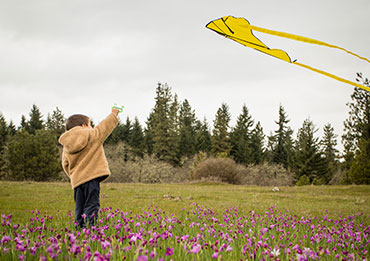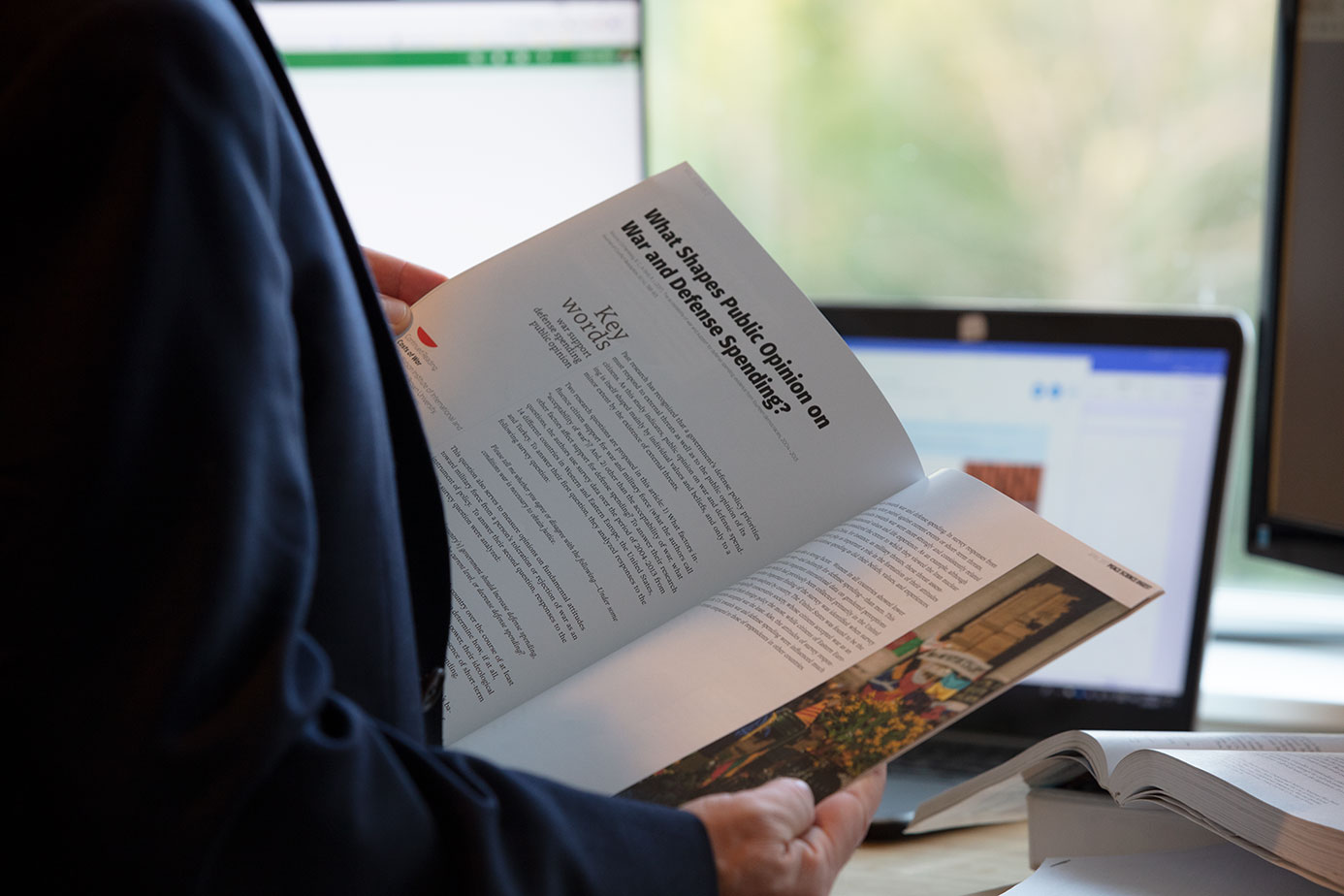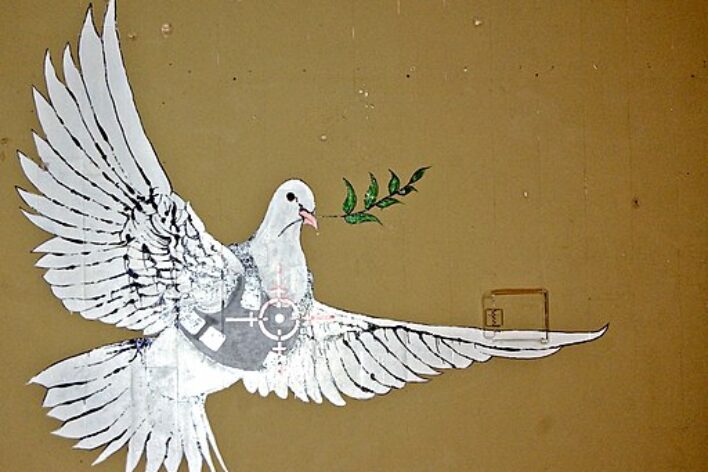The Unintended Consequences of “Robust” UN Peace Operations
Robust peacekeeping may succeed in protecting civilians in the short-term but has unintended effects that may jeopardize the broader work of UN missions.
What Shapes Public Opinion on War and Defense Spending?
A person’s acceptance of war and support for defense spending is most consistently influenced by his/her beliefs, values, and life experience.
Successful Diplomacy in Southeast Asia
In Southeast Asia, intervention by great powers (the five permanent members of the UN Security Council) lowers the success rate of Preventive Diplomacy.
Talking Points
People assume the use of military force is the last resort. When aware of nonviolent alternatives to war, people believe the price of war is too high. When aware of nonviolent alternatives to war, people are less likely to tolerate casualties and to support war. When political leaders unanimously support … Read more
Core Competencies for Critical Peace Educators and Learners
Core Competency Possible Educational Activities and Approaches Critical thinking and analysis Critical Media Literacy Analyzing the roots and current impact of forces of domination Interrogating identity and unequal forms citizenship Empathy and solidarity Cultivating an understanding of the psychological and emotional impacts of violence Viewing injustices facing others … Read more
Political Violence in Post-9/11 Wars
In Iraq, areas with cell phone coverage are less violent because of the ease of pro-government informants to provide information on insurgents.
Police Militarization: Domestic Consequences of Foreign Policy
U.S. militarism lead to the creation of police SWAT teams that disproportionally affect minority communities through racial profiling and over-policing.
Nonviolent Conflict Escalation
Nonviolent conflict escalation is achieved quantitatively or through innovation, dilemma creation, provocation, and persistence.

International Influence on U.S. Public Support for Drone Strikes
By highlighting civilian casualties and breaches of international law, international organizations can influence U.S. public opinion on drone policy.
Military Support and an Increased Vulnerability to Terrorist Attacks
Deployment of troops and weapons exports to another country increases the chance of attacks from terror organizations from that country.
Nonviolent Resistance Creates Strong Democracies
Democratic regimes that experience nonviolent resistance during the government transition phase survive longer than regimes without nonviolent resistance.


